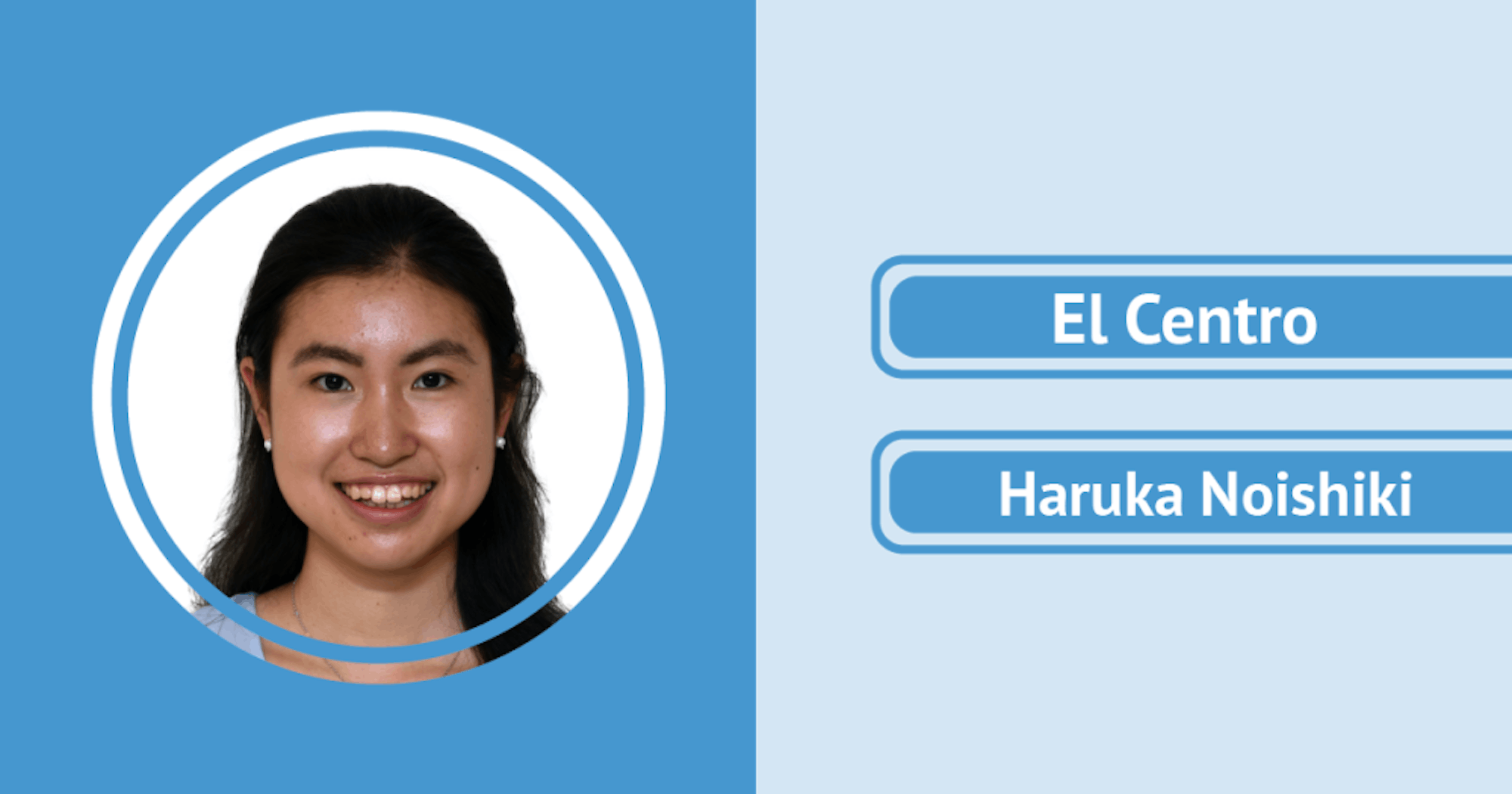I seem to like being in introductory courses. My first semester at Tufts, I took EC 5; I don’t understand graphs. This semester, I’m taking BIO 13. Last semester, I took COMP 11. I was interested in the course in a curiously-peeking-around-a-corner way, in part because of the large number of computer science majors at Tufts despite all the groans that I heard about COMP 11 the semester before.
Even before typing out a line of code, the computer science community was one that I knew some about through my peers who had taken the course. Before learning how to code a basic print statement, I knew the hard coursework came with a community of more experienced students who would help others think through bugs. While I always considered myself an international relations type of soul, I gave into the pull of the Halligan community.
Last fall, I called the Rez my “home.” I spent hours there each day, drowning my distractions in the hum of conversation surrounding me and becoming gradually blurry-eyed in the warmth of the red light. In spring semester, Halligan became my new “home.” I spent at least a few hours longer each day in Halligan than in my dorm. Trudging to Halligan with segmentation faults and syntax confusions of my supposedly-simple COMP 11 homework assignments swirling in my mind, I learned to envy the people heading to the gym instead of Halligan at the crosswalk. At the same time, I would feel a sense of pride.
There are TAs that are willing to stay in Halligan till 3 a.m., far past their office hours, when students are struggling with code; there are some students in advanced classes who aren’t TAs who would — perhaps seeing their own experience reflected in that of students new to the field — attempt to prompt thought in the new coders. Some people would stop by in rooms with batches of cookies to share or too much salami that they couldn’t finish. It is the intensity of the discipline, surely, that lays the foundation of such a community.
In computer science, the influence of one's background on one's work is far smaller than in, say, English or international relations, where one’s background shapes one's perception. Without involving our backgrounds in discussions, those disciplines will not be as rich in complexity as they can be. In computer science, diversity in angles of approach is beneficial, but at its foundation is a set of skills that all computer scientists must acquire. This puts one's skills as the most essential part of their contribution to the discipline and helps de-emphasize the power dynamics based on background that so often emerges in other fields of study.
Of course, I have peers who are excellent coders who also abhor the Halligan environment as one that is overly masculine and competitive, while also stressfully collaborative. I’ve overheard Dewick conversations that lament long walks down to computer science labs late at night in the snow. But whenever I walk into Halligan, now solely to print materials for BIO 13, I remember the positives that happened there.
El Centro: Halligan






